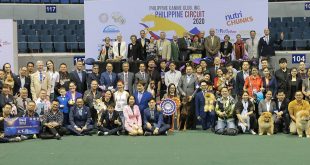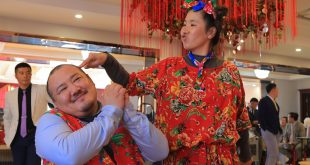转自美国DOG NEWS MAGAZINE, 此篇文章由Ronnie Irving编撰, 中文由犬界网编译。
关于审查员这个话题,前几刊杂志已经花了大量篇幅叙述。然而,对于一位审查员应拥有何种程度的经验与阅历方可称得上专业,或是在重要的犬展以及冠军展中如何达到完美审查,不放过任何细枝末节这些问题,言人人殊。在我个人看来,一位合格的审查员,最成功的提升自我的方法便是多到比赛现场去,学习其他专业审查员的审查方式,当然最重要的需要亲身体验赛场情况。通常,拥有越多的实战经验的审查员才能成为一名好的审查员。而这些,正是我们所欠缺的。
The subject of judges and judging seems to have been getting a great deal of coverage in the last few weeks. I fear I am often out of step with colleagues on the issue of how much practical experience a judge ought to have, of officiating in a breed before they arc let loose on judging it at important show or shows where championship points are on offer for that breed. I am very much of the view that practical, hands-on experience of watching other experts judge, and more importantly of officiating at dog shows, is by far the best way forjudges to learn. And often those who get invited to judge most and who therefore have the greatest experience, are generally the best judges. The market makes that the case.
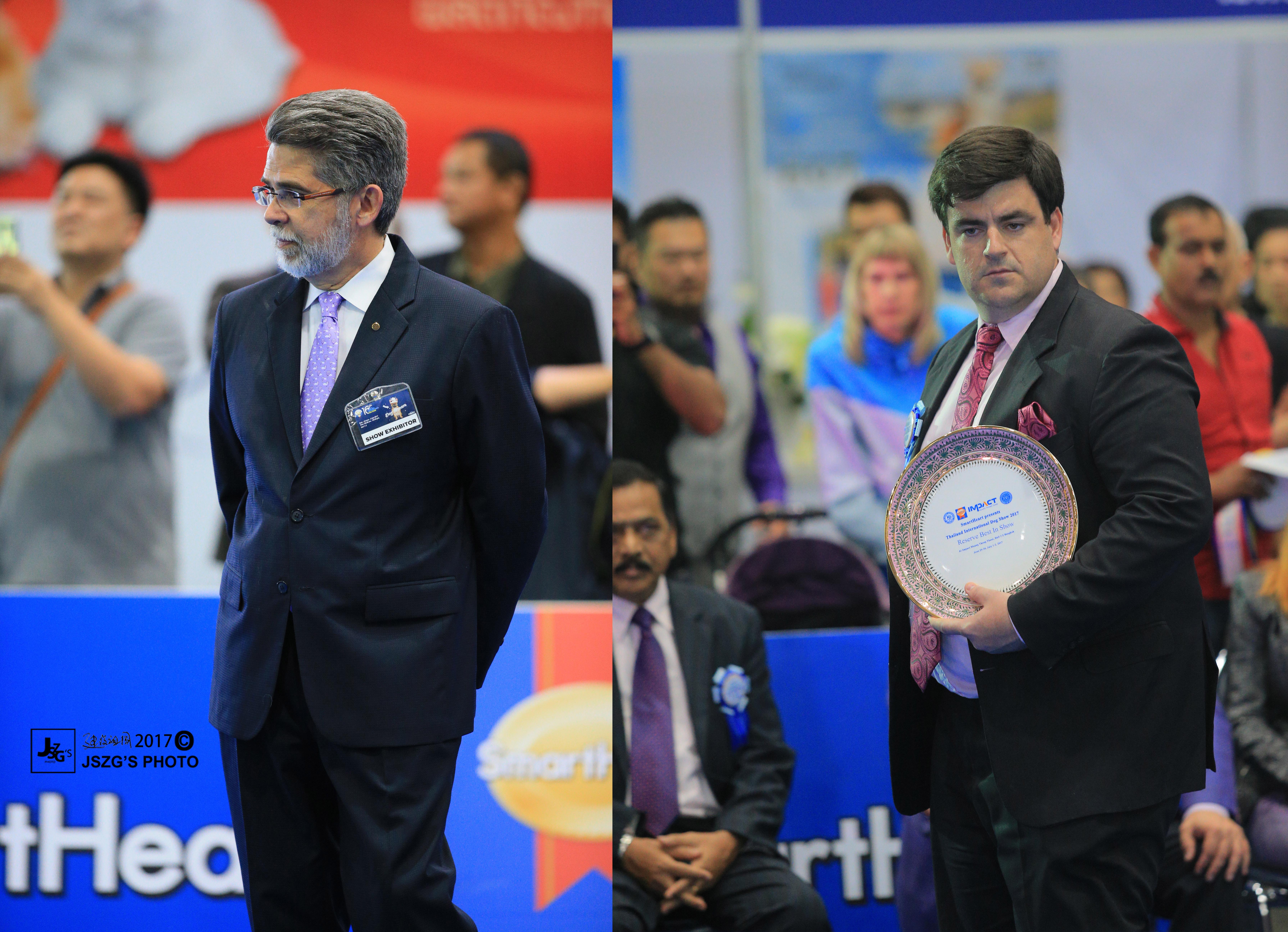
英国每年会举办许多场大规模公开赛,这对于审查们来说,无疑是一件幸事。如此,便有更多的机会,在一个真正专业的环境下接触各种犬种,获得更多的一手经验.现如今,无论哪个犬种的审查员,在有资格成为一名冠军展审查员之前,必须在公开赛中完成一定数量的犬种审查工作,犬种数量随着英国犬种排行榜而变化。然而有人认为,如今犬种公开赛规模正在缩小,审查们想要获得某些犬种的一手经验难度逐渐增大,当然只是针对少数的犬种而言。这也是TKC近期公布新的审查员培训计划以及批准系统的原因,这也将或多或少摒弃某些犬种的审查要求。这简直是一个逆行之举!固然,一些犬种的审查技能是由国外引进的,并非通过培训,引导我们的审查员获得,也并非是通过犬种俱乐部的交流会获得,但在我看来,这些手段都不能帮助我们的审查员真正获得有价值的一手经验。
Here in the UK we still have the luxury of many open shows at which judges can gain hands- on experience of going over and assessing breeds in a real show environment. Up to now judges of any new breed have had to judge a certain number of dogs of a breed at open show level before they were allowed to do so at shows with championship status. The number of dogs judged has varied according to the popularity of the breed at shows in the UK. It has to be said however that these open shows are becoming smaller and for some breeds it is becoming more and more difficult to get that practical judging experience – certainly in the numerically smaller breeds. That is one of the reasons why TKC has recently announced a new judge training and approval system which will more or less abandon that dumber of dogs’ requirement – a move that I think is a very retrograde step. Admittedly a number of other requirements are to be introduced instead such as mentoring, student judging, computer based learning and attendance at breed club seminars on the breed standard, etc. But none of these in my view can take the place of true hands- on judging experience.
然而我很惊讶的发现,一些我认为会坚持学术理论第一的审查们,似乎也认为真正的实战经验对成为一名优秀的审查员相当重要.
I have found to my surprise that even many of those whom I would have thought would be entirely supportive of the opposite rather academic view, also seem to believe that practical experience of judging dogs is a very important part of learning to be a judge.
我不怎么认同安德鲁布拉斯对于审查员的看法,但他有一句话我完全认可,即:“当一个犬种在当地的数量并不多时,审查员在对该犬种进行判断的时候,往往在理论依据和实际情况之间会更倚赖前者。然而,这种判断依据是否恰当呢?”
I don’t always agree with everything that Andrew Brace says about judging, but I was fully in agreement with him recently when he said that in some countries where numbers in some breeds are not high: “the processing of judges has to rely more heavily on theory than practical and it is debatable whether or not this is actually an ideal alternative.’
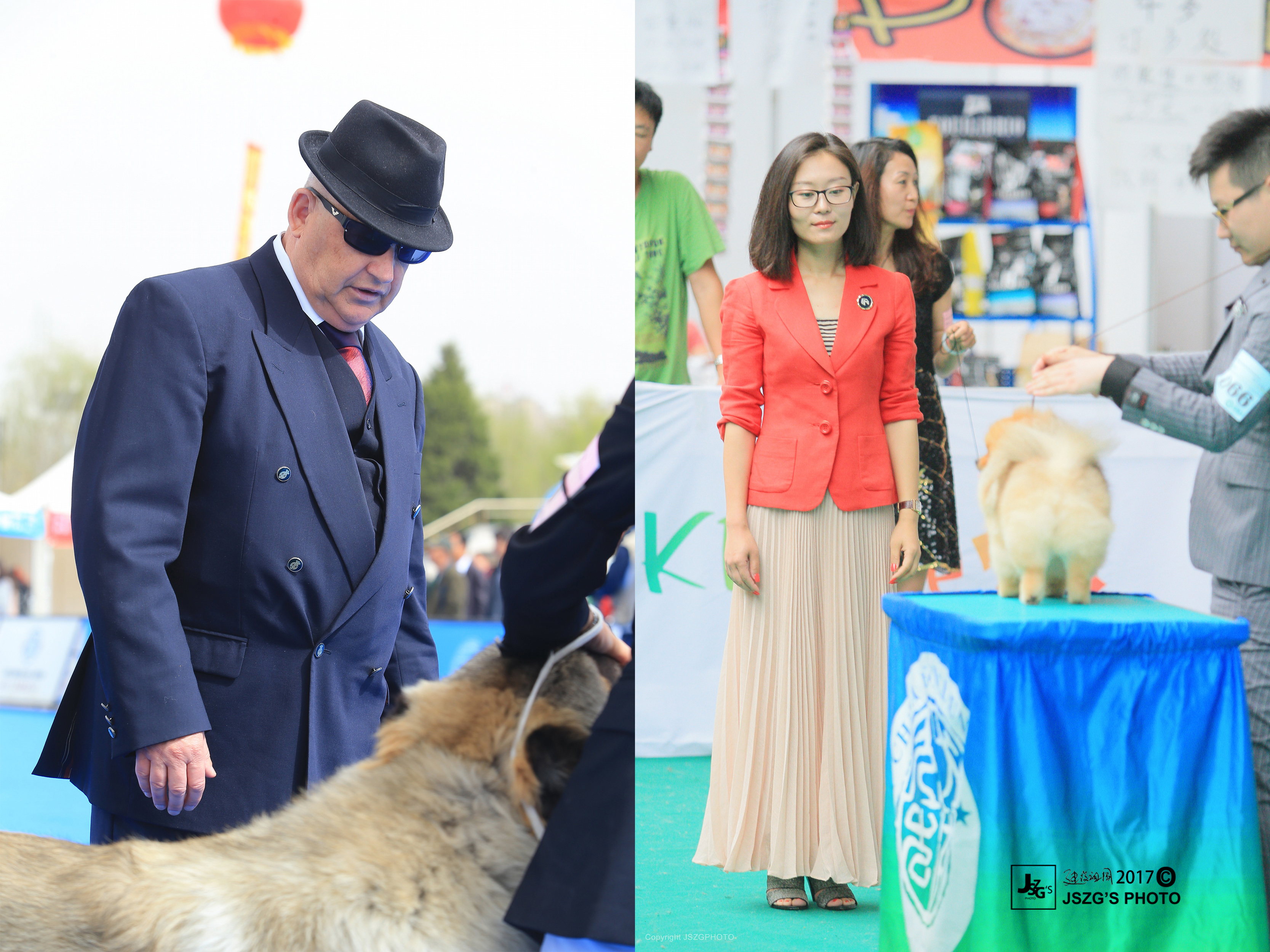
在与尊敬的弗兰克萨贝拉先生讨论这个话题时,他直言:“一个人只从理论上观察和学习的话,那怎么能成为一名审查员?”他还说道:“我一直耳濡目染并且也坚信着,想成为一名合格的犬种审查员,你就必须要花时间下功夫去钻研,要反复的亲身触碰并了解犬,要对繁琐的工作孜孜不倦。”他还引用了一句名言:“错误是不可避免的,但是不要重复错误。”
Then in the same issue of DN Magazine the great Frank Sabella says his question is: “for someone to explain to me how does someone become a judge of any livestock by looking and learning from a computer? ” He adds: “I was taught and continue to believe that in order to become an acceptable judge of livestock it takes time, experience, and lots of a hands on work ethic.” He then quoted someone else as saying: “You make your mistakes at times and then you have the good sense and reason to learn from a mistake and never make it again. “
一周前,格尔弗莱科特佩德森在他的专栏里探讨:“是不是所有人都会有力不能及之时?”他以一名审查员的经历为例,这位审查员是他本国的全犬种审查员。在一次欧洲国际犬展上,这名审查员受邀执裁73只犬,他坦白说道有些犬种他之前完全没有接触过,执裁这些犬种更是毫无头绪。在最近挪威的犬展上,格尔遇到一名女审查员,她对格尔说她的朋友因为要执裁一只边境梗而非常激动。格尔于是问,是不是因为她们喜欢这个犬种所以非常激动,但她却回答道:“不,他们激动是因为以前从来没有见过边境梗。”
Then a few weeks ago Geir Flyckt Pedersen in his column in DN Magazine asked the question: “Are all rounders a necessary evil?” He goes on to talk about a judge who was an all-breed judge of his country and was about to assess an entry of 73 dogs of a certain breed from all over Europe. He admitted that he had not ever touched the breed before let alone judged it. In fact recently at a show in Norway a judge mentioned to me that she had recently been judging with someone who said they were excited to be judging Border Terriers the next day at an international show. When asked if that excitement was because they were involved in the breed, the judge replied: “No – it’s because I’ve never seen one before!”
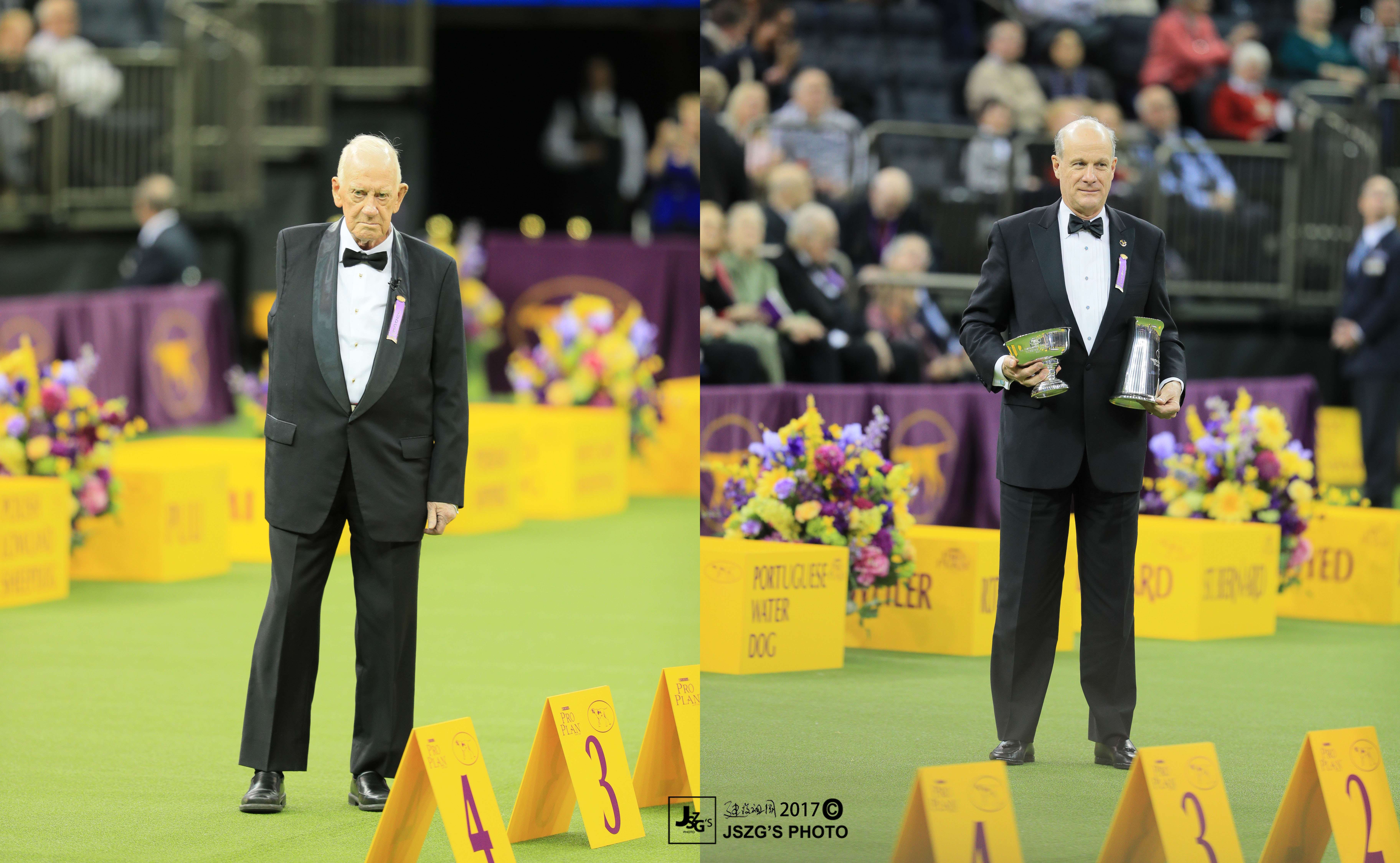
 犬界网 上海言瑞文化传播有限公司
犬界网 上海言瑞文化传播有限公司 

